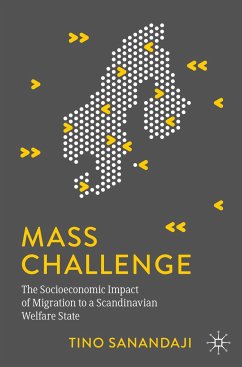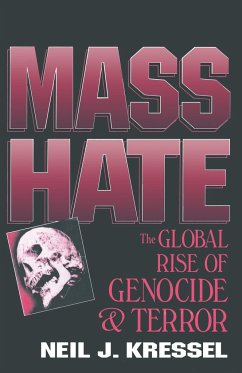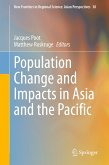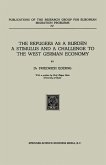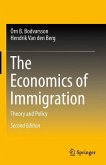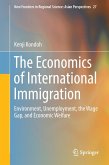This book addresses the socioeconomic effects of immigration to Sweden. Historically, Sweden was a homogeneous country. In recent years, this has changed dramatically as Sweden has received more refugees per capita than any comparable country: this makes Sweden an interesting case study for analyzing the social and economic impact of refugee migration to European welfare states. The book highlights the long-term effects of low-skilled immigration to welfare states, while tying this to the broader European experience. Much of the public discussion of immigration in the West has focused on the American experience, which differs significantly from refugee migration to European welfare states. Research has shown that immigration is not a unitary phenomenon, and that its social and economic effects depend both on the type of migrants and on the receiving country. As demonstrated in the book, European welfare states have fairly similar outcomes with regard to refugee migration,but with differences in degree and the scale of migration. Their experience, however, contrasts with American outcomes as well as with high-skilled migration to Europe.
This book is a translated, updated, and expanded version of the successful Swedish original entitled Massutmaning (2017).
This book is translated by Jonas Vesterberg and edited by Pontus Tholin.
Hinweis: Dieser Artikel kann nur an eine deutsche Lieferadresse ausgeliefert werden.
This book is a translated, updated, and expanded version of the successful Swedish original entitled Massutmaning (2017).
This book is translated by Jonas Vesterberg and edited by Pontus Tholin.
Hinweis: Dieser Artikel kann nur an eine deutsche Lieferadresse ausgeliefert werden.

